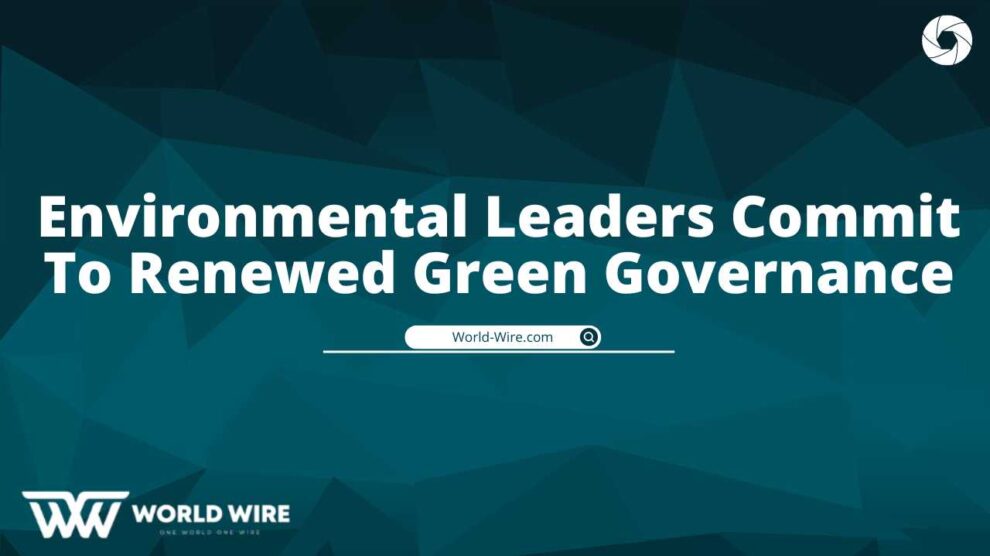A number of up-and-coming environmental leaders have vowed to personally commit to launching a fresh wave of environmental action in the twenty-first century.
The group presented their practical suggestions for how to start a fundamental shift in how the global economy functions to prioritise human welfare through a long-term, sustainable approach to the use and preservation of our environment at the conclusion of four intense days of discussion with notable environmentalists, including all of the previous Executive Directors of the UN Environment Programme (UNEP).
The purpose of this gathering, according to Maria Ivanova, director of the Global Environmental Governance Project and professor at the College of William & Mary’s government department, was to encourage and inspire a new generation of environmental leaders.
An unparalleled gathering of senior environmental leaders over the past 40 years came together for the summit in Switzerland. For the first time, the five Executive Directors of UNEP—Mostafa Tolba, Elizabeth Dowdeswell, Klaus T. Pfer, and Achim Steiner, the current Executive Director—met in person. Maurice Strong served as the Secretary-General of the Rio Earth Summit and the first United Nations conference on the environment.
Gus Speth, dean of Yale’s environment school, Mohamed El-Ashry, who served as the Global Environment Facility’s CEO from its founding until 2003, Yolanda Kakabadse, the organization’s recently elected president, and Julia Marton-Lef vre, the IUCN’s director general, were among the other participants.
Senior diplomats who have influenced existing international environmental rules and institutions as well as those now striving to alter that system all participated in the discussion alongside a significant number of young environmental leaders on the rise.
According to William Ruckelshaus, the first Administrator of the US Environmental Protection Agency, the problems are complicated and appear to be unsolvable, but there are also numerous causes for hope. He stated that new solutions must be developed in order to build on the significant progress we have achieved on environmental challenges.
The rising environmental leaders recognised two current challenges: the need to advocate for a more central role for environmental concerns in decision-making and institutions, and the need to gain more responsibility on environment-related commitments.
According to the young leaders, we need to invest in the right things, including talents, young people from all walks of life, and our leaders. In order to take action through our networks, utilise new media, and utilise all of the resources we have available to us, we will need to think and act in ways that are equally radical as the first generation of doers.
The United Nations Foundation, the United Nations Environment Programme, the United Nations Institute for Training and Research, and the governments of Germany, Norway, Sweden, and Switzerland worked with the Global Environmental Governance Project, a joint initiative of the Yale Center for Environmental Law and Policy and the College of William and Mary, to organise the historic event.

Subscribe to Email Updates :







Add Comment